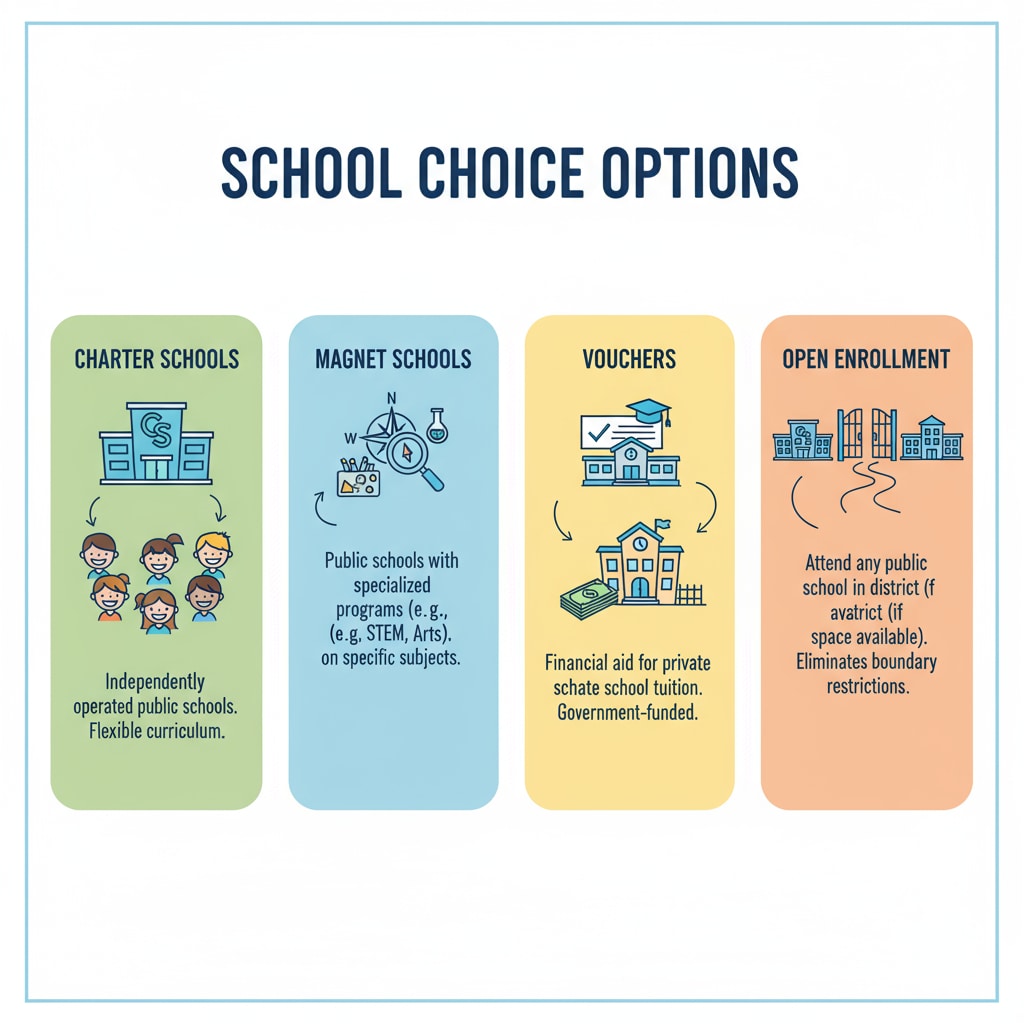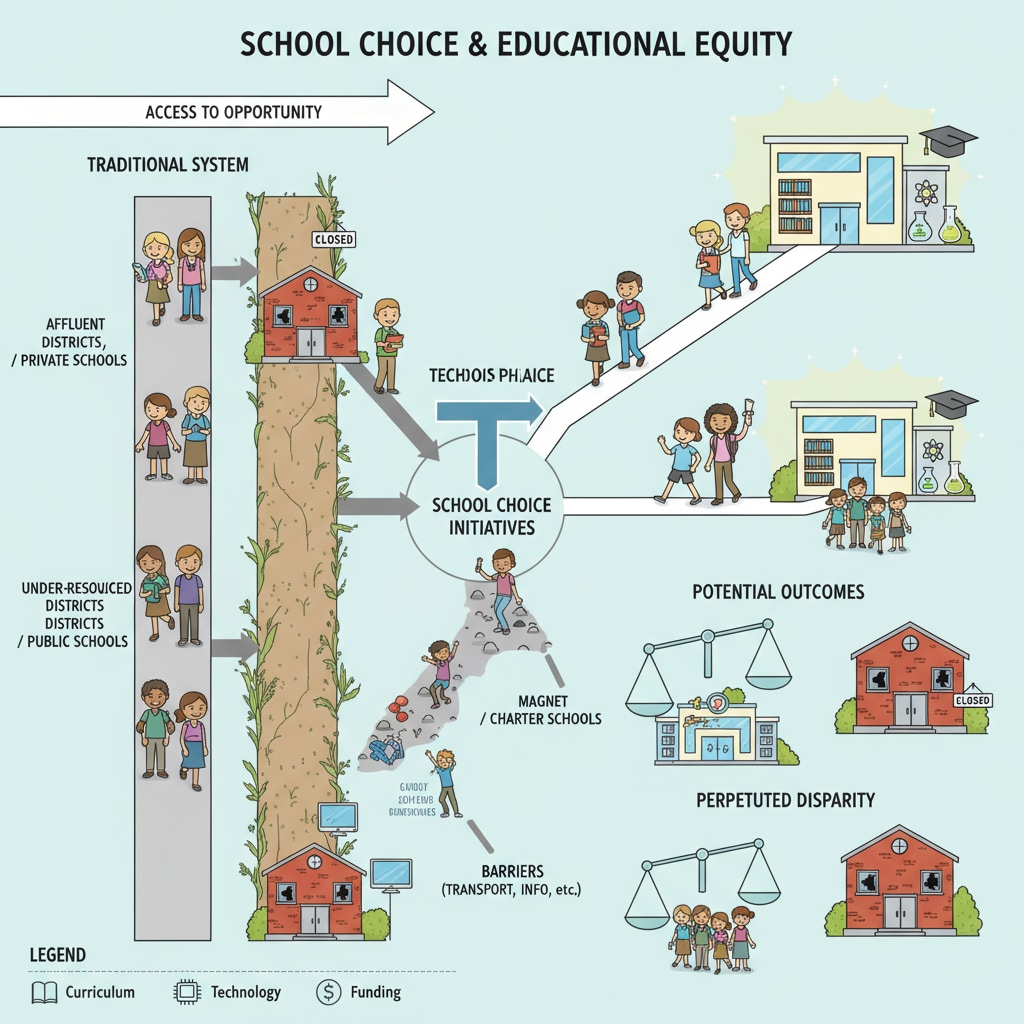The school choice, political controversy, and education policy topic has long been at the forefront of educational discussions. The school choice system, a policy that allows parents to select the schools their children attend, has both proponents and opponents, leading to significant political debates.
The Basics of School Choice
School choice encompasses various forms, such as charter schools, magnet schools, vouchers, and open enrollment. Charter schools are publicly funded but operate independently, with more flexibility in curriculum and teaching methods. Magnet schools, on the other hand, attract students by offering specialized programs in areas like science, arts, or technology. Vouchers provide parents with public funds to send their children to private schools. Open enrollment allows students to attend schools outside their assigned district boundaries. For example, a parent in a district with underperforming schools might use open enrollment to send their child to a better-performing school in a neighboring district. School choice on Wikipedia

The Root of Political Controversy
The school choice system has become a political hot-button issue for several reasons. One major concern is educational equity. Critics argue that school choice can exacerbate existing inequalities. For instance, families with more resources may be better able to take advantage of vouchers or transfer their children to high-performing schools, leaving behind students from disadvantaged backgrounds in struggling schools. Another aspect is resource allocation. When students move between schools, it can disrupt the financial and resource distribution within school districts. Additionally, ideological differences play a role. Some political groups see school choice as a way to promote certain values and educational philosophies, while others oppose it, fearing it may undermine the public education system. School choice on Britannica

In the United States, the implementation of the school choice system has witnessed multi-dimensional controversies. In some states, the expansion of charter schools has led to legal battles over funding and oversight. Some communities worry that charter schools may divert resources from traditional public schools, affecting the quality of education for the majority of students. Voucher programs have also faced opposition, with opponents arguing that they use public funds to support private and often religious institutions, which may violate the separation of church and state principle.
Readability guidance: The school choice system is a complex educational policy with significant political implications. By understanding its basic concepts, the root causes of controversy, and real-world examples, we can better analyze the ongoing tug-of-war between educational freedom and equity.


